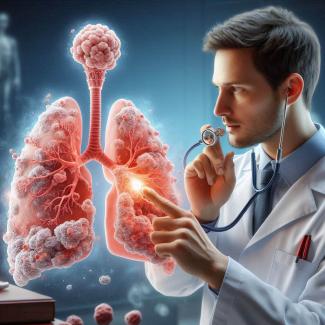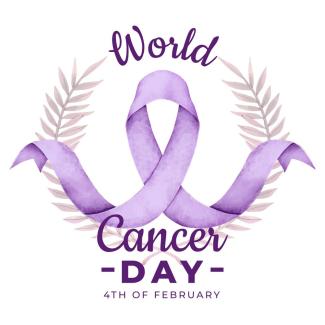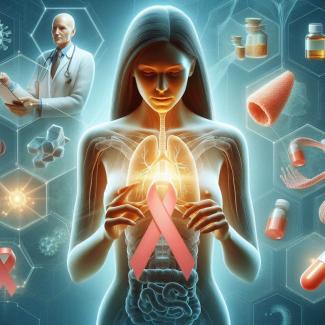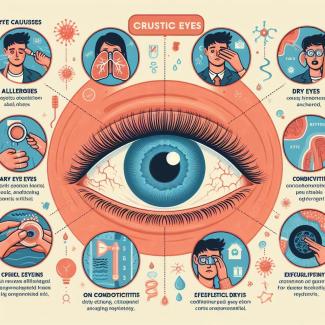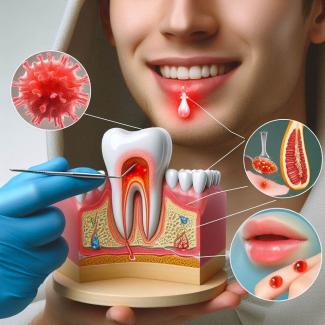This content provides a comprehensive overview of various diseases and health problems, encompassing a wide range of conditions from common illnesses to chronic diseases. You will find detailed descriptions of symptoms, causes, and risk factors, along with insights into prevention, diagnosis, and treatment options. The information is tailored for both general readers and those seeking specific medical knowledge. Additionally, the content includes expert opinions, recent research findings, and resources for further exploration, aiming to empower readers to make informed decisions about their health.
Longevity and quality of life are deeply intertwined with physical activity, as confirmed by decades of scientific research.
Alpha-1 antitrypsin deficiency (A1AT deficiency), also known as alpha-1 proteinase inhibitor deficiency, is a genetic disorder that affects the lungs and liver.
Cancer risk is influenced by a combination of factors.
Breast cancer remains one of the most common types of cancer worldwide, affecting millions of women and, in rarer cases, men.
Crusty eyes, also known as "sleep" or "eye discharge," occur when mucus, oil, skin cells, or debris accumulate around the eyes during sleep.
Sleep apnea is a serious and often underdiagnosed condition that affects millions of people worldwide.
Headaches can have various causes, and their origins can vary depending on the type of headache.
A granuloma is a small, localized nodular inflammation found in tissues due to a chronic inflammatory response.
High blood pressure, or hypertension, is a condition that affects millions of people worldwide and is a major risk factor for cardiovascular diseases, including heart attack and stroke.


